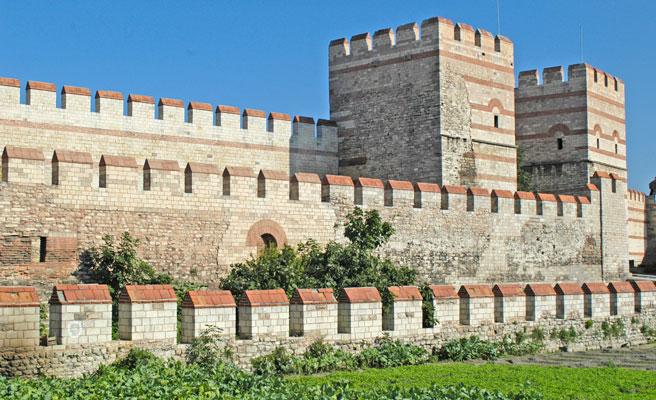Ontem, guardei este tweet:
Se há coisa que me preocupa desde o início da declaração da pandemia é a pressão para que não haja espírito crítico ou dúvida metódica sobre nada do que se escreve ou diz sobre o vírus, medidas de contenção ou profilaxia.
— Miguel E. (@PilotInComm) November 17, 2020
As certezas não eram bem-vindas na ciência que conhecia.
Um outro tweet mandou-me para aqui:
"Feynman says we learn from science that you must doubt the experts: “Science is the belief in the ignorance of experts. When someone says ‘science teaches such and such’, he is using the word incorrectly. Science doesn’t teach it; experience teaches it”"
Também li isto logo pela manhã:
"If this pandemic is teaching us anything, it’s that experts disagree, nobody has all the answers, and we are mostly making things up as we go. In a crisis it is important to act but even more importantly to learn as we take action. Add in the human factor that some people are always trying to take advantage of any situation and we start to float in a liquid surround of misinformation, propaganda, half-truths, and sometimes utter crap of the post-truth machines.
...
As of yesterday our government started to promote the wearing of non-medical masks in public. Last week our public health experts said that people did not know how to wear masks properly so they should not wear them. Overnight we have become professional mask wearers, as we are all expert hand-washers.
...
I am not saying that we should ignore all expert advice. However, we have to think for ourselves every day and help make our networked society smarter. An expert is merely one node in an entangled knowledge network."
Trechos retirados de "entangled thinking"









































%2006.21.jpeg)












